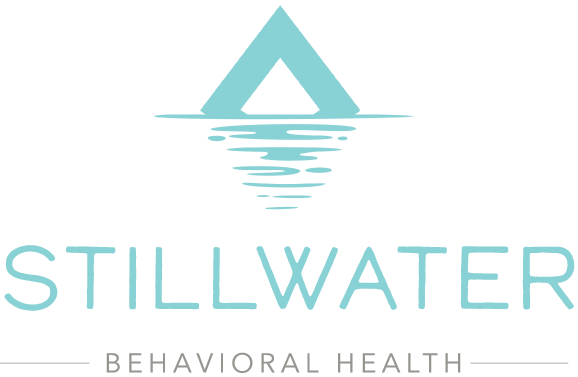Drug Detoxification Process
What is Drug Detox?

Undergoing a drug detox can be a challenging but ultimately rewarding experience, and it’s important to know what to expect before one begins. This article will outline the basics of drug detox and provide an overview of the steps involved. Keep in mind that every detox program is different depending on the person and the substance one is getting help for, so be sure to speak with a doctor or treatment provider before starting any process.
Questions about addiction?
Call Us Now: 1-866-232-9103
Your call is confidential with no obligation required to speak with us.
How Long Does Drug Detox Take?
Depending on a person’s drug of choice, frequency of use, and various other clinical factors, drug detoxification could take anywhere from a few days up to weeks. For instance, if a person participates in drug detoxification for a short-acting opiate such as heroin, their drug detox will usually last approximately four to ten days. In contrast, drug detoxification from long-acting opioids such as methadone typically lasts ten to twenty days. Generally, a person participates in medical drug detox for about one week before transitioning into inpatient drug detox.2
What Is the Process for Drug Detox?
Evaluation
Stabilization
Following the evaluation stage of the drug detox process, an individual receives treatment for their drug withdrawal symptoms. The goal of stabilization is to support the client in achieving medical stability and sobriety. During stabilization, drug detox symptoms can sometimes be treated with drug detox medication.
Preparing Entry into Treatment
Different Types of Drug Detox
Medically Managed Inpatient Detox
Medically Monitored Inpatient Detox
Clinically Managed Residential Detox
Ambulatory Detox with Extended Onsite Monitoring
Ambulatory Detox Without Extended Onsite Monitoring
Drug Detox Side Effects and Risks
Common Side Effects of Drug Detox
- Nausea
- Vomiting
- Anxiety
- Insomnia
- Hot flashes
- Excessive sweating
- Muscle cramps
- Irritability/mood changes
- Diarrhea
- Hallucinations
- Watery discharge from the eyes or nose
Rapid Drug Detox Risks
Medical Drug Detox Services at Stillwater Behavioral Health
Begin the drug recovery journey today with our state-of-the-art substance use treatment programs! At Stillwater Behavioral Health, we are uniquely equipped to serve individuals in every stage of the process. Our team of highly trained clinicians provides patient-centered, individualized care to promote lifelong recovery.

Our Luxury Drug and Alcohol Detox Programs
We understand the decision to enter detox can be frightening and incredibly challenging. With that in mind, Stillwater Behavioral Health has established a luxury detox facility in Montecito, California. To provide the safest and most comfortable drug detox experience, Stillwater Behavioral Health has created an oasis for clients to escape the chaos of addiction.
Get A Free Assessment Today
Resources
- https://www.ncbi.nlm.nih.gov/books/NBK64119/
- https://www.ncbi.nlm.nih.gov/books/NBK310652/
- https://www.ci2i.research.va.gov/paws/pdfs/asam.pdf
- https://www.healthdirect.gov.au/addiction-withdrawal-symptoms
- https://www.healthywa.wa.gov.au/Articles/A_E/Alcohol-and-drug-use-while-breastfeeding
- https://archives.drugabuse.gov/news-events/nida-notes/2006/10/study-finds-withdrawal-no-easier-ultrarapid-opiate-detox


